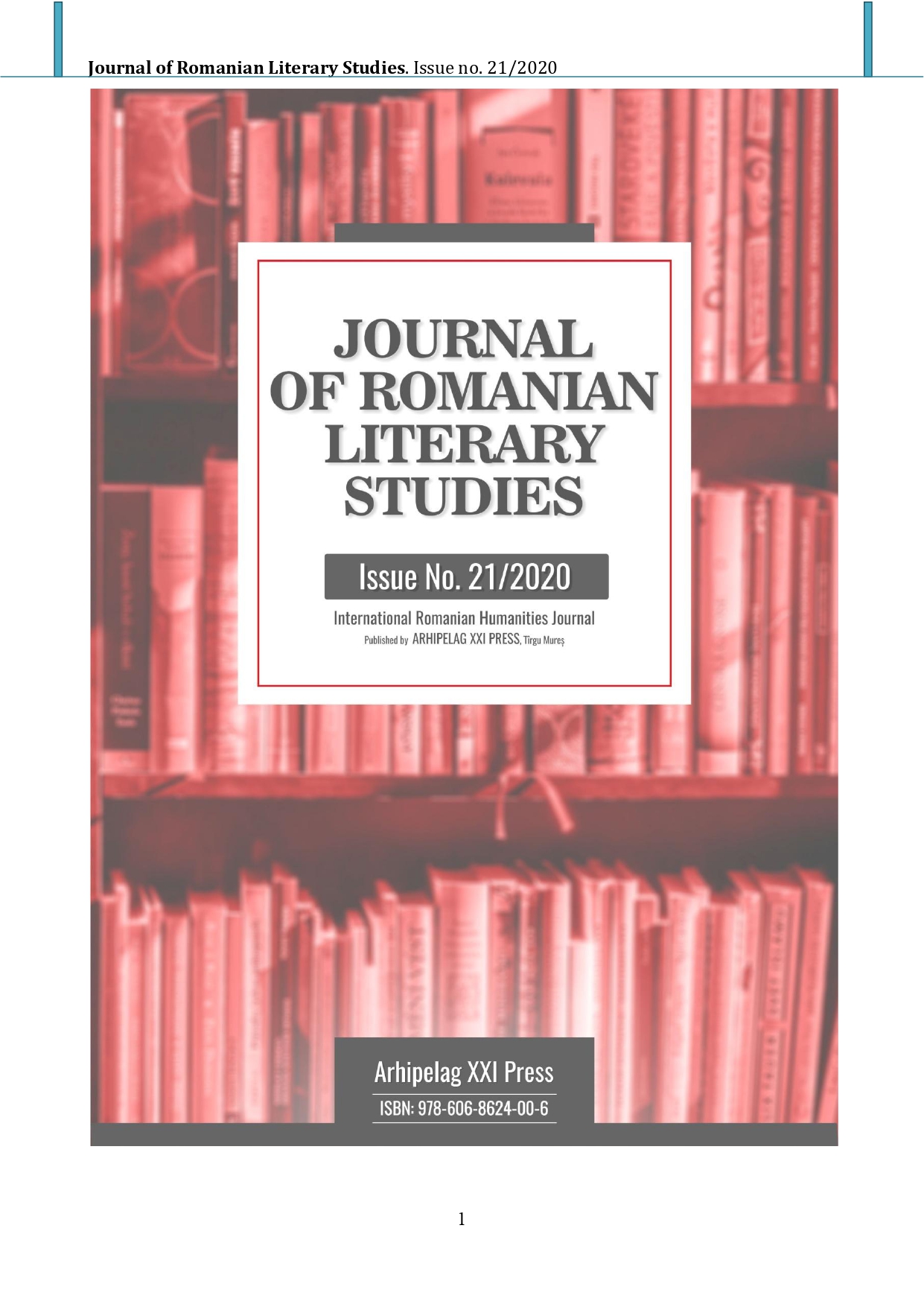THE IDEOLOGICAL EXPRESSION OF EVIL IN THE NOVEL „TREI CEASURI ÎN IAD” BY ANTONIE PLĂMĂDEALĂ
THE IDEOLOGICAL EXPRESSION OF EVIL IN THE NOVEL „TREI CEASURI ÎN IAD” BY ANTONIE PLĂMĂDEALĂ
Author(s): Constantin IvanovSubject(s): Novel, Romanian Literature, Philology, Theory of Literature
Published by: Editura Arhipelag XXI
Keywords: ideology; parabolic; dehumanization; human condition; totalitarian regime;
Summary/Abstract: This article analyzes the problem of dehumanization reflected in literary works. This problem is largely related to an ideological standard that overlaps with the factor that defines the human personality, respectively that of the character, the free thought and its spiritual constitution that reflects an image of the divine. Or, superposed on an ideological factor of constraint on the human personality, it only annuls it and transforms the human into a social tool. And if this personality somehow manifests itself, it becomes a danger, a hybris against the system and for the entire sphere of the social entity. We are particularly interested in the novel "Three Hours in Hell" because it parabolically unmasks the mechanism, at the level of imaginary sensitivity, namely of the possible, which triggers the evil precisely due to the implementation of policies created by "ideal societies" or other courts that impose characters a certain behavior.
Journal: Journal of Romanian Literary Studies
- Issue Year: 2020
- Issue No: 21
- Page Range: 1230-1238
- Page Count: 9
- Language: Romanian

